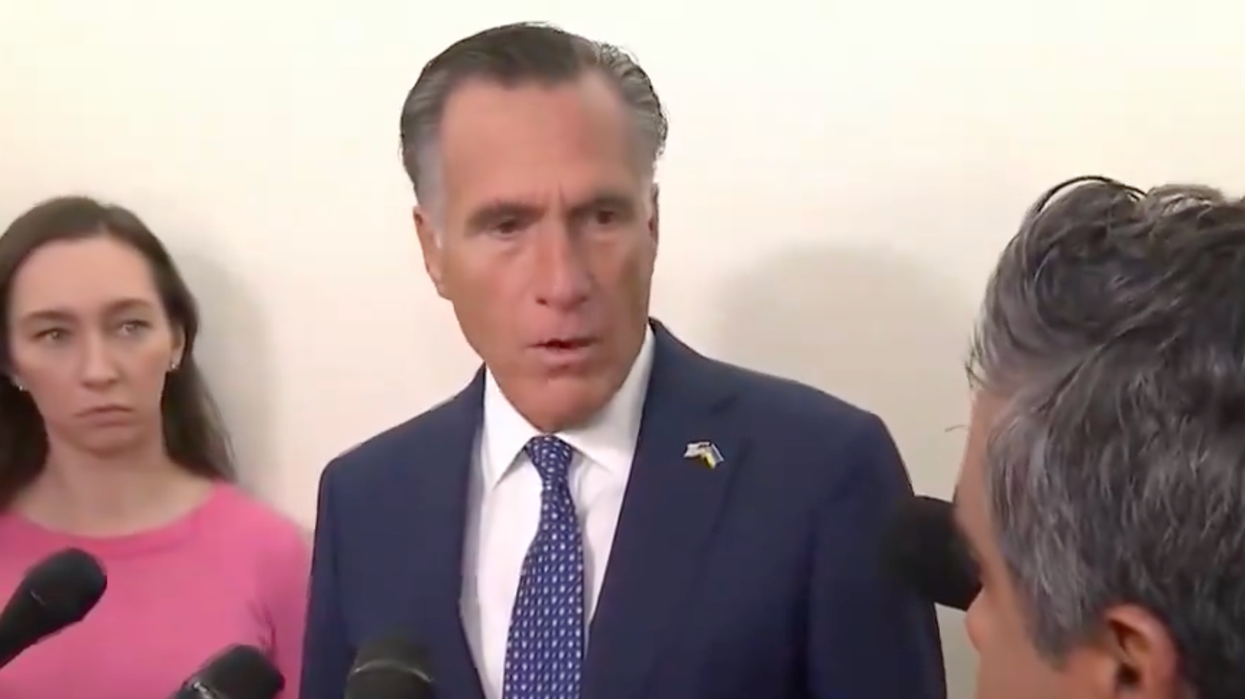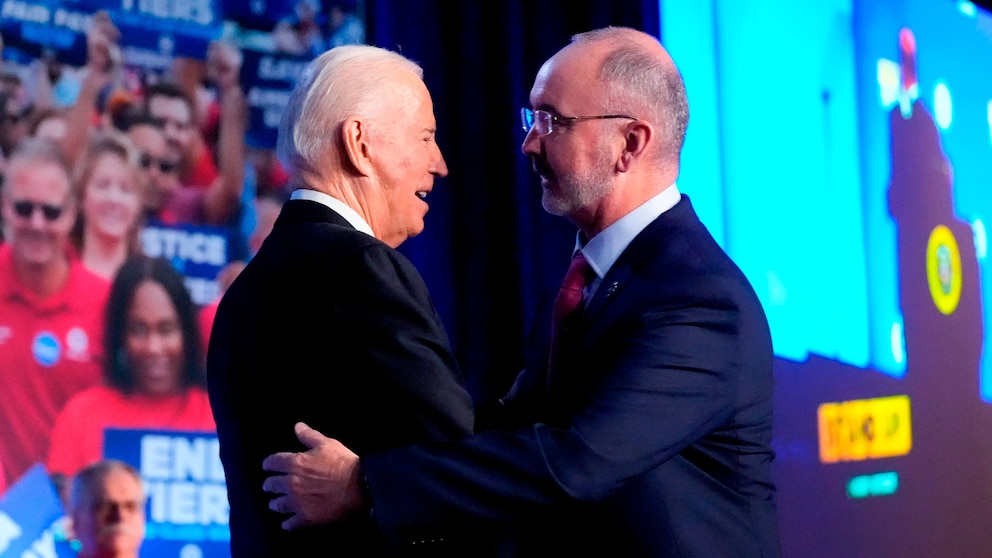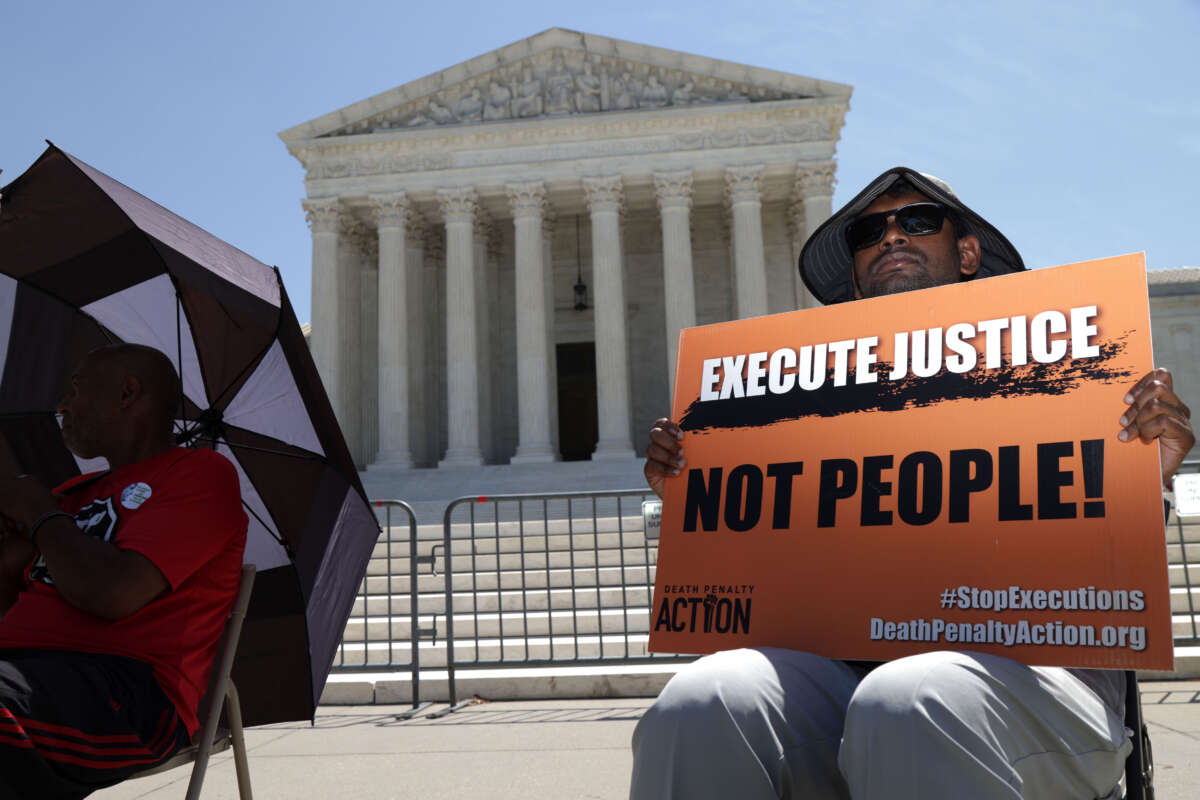In an era of climate change, Brazil's eucalyptus plantations are no longer seen as harmful monoculture but as climate-friendly CO2 sinks. But locals say they exacerbate rural water shortages.
There's green, as far as the eye can see. In the Jequitinhonha Valley, eucalyptus plantations stretch to the horizon. But in this region of eastern Brazil, swathes of green can't necessarily be equated with protecting the environment.
For Valmir Soares de Macedo, director of the Vicente Nica Center for Alternative Agriculture (CAV), an NGO in the Turmalina municipality of the state of Minas Gerais, eucalyptus plantations are far from environmentally friendly.
"The roots of the trees are sucking up the water," he told DW. "The ground and the underground veins of water are drying up."

Soares' organization helps advise local small farming businesses on the construction of cisterns and biogas systems. CAV gets support, among other things, from the German Catholic aid group Misereor.
Sources of water running dry
The deputy mayor of Turmalina is also skeptical about the proliferation of the tall, slender tree in the region. "After 40 years of eucalyptus cultivation, only 40 of the 481 water sources in and around Turmalina still provide water," Warlen Francisco da Silva said.
A study from the Minas Gerais State University supports this claim. According to researchers from its agricultural studies center, the region's groundwater level has sunk 4.5 meters (14.8 feet) in the past 45 years.

Charcoal for the climate?
Much of the eucalyptus grown in Brazil ends up as charcoal for use in the steel industry, providing a renewable alternative to fossil fuel. With an annual production of 6.5 million tons of charcoal, Brazil is the world's largest charcoal producer, according to the UN Food and Agriculture Organization (FAO).
Domestic demand is enormous because Brazil is one of the world's largest iron ore and steel producers. The state of Minas Gerais is home to 70% of Brazil's steel production facilities.
Chimneys smoking in the forest
Not far from Turmalina, at a charcoal production facility belonging to Brazilian firm Aperam, site boss Ezio Santos is doing his utmost to step up output. From his control center at the Palmeiras plant, he looks out with satisfaction at a huge clearing.
Noise fills the air: humming, rattling and steam. Heavy goods vehicles loaded with logs keep pulling up. In the evening sun, chimneys smoke and airborne coal dust lingers in the twilight.
Cranes head towards piles of eucalyptus logs, picking up the wood with their booms. The cranes take their cargo to the nearest kiln and in go the long, narrow logs until they are packed to the roof.
A total of 55 ovens, each of them 4 meters wide and 26 meters long, are stuffed full around the clock. It takes four hours to load one oven, and later, it will take 2 1/2 hours to unload it. The cooling off process for the freshly made charcoal takes 10 to 12 days.

The process of turning wood into charcoal, known as pyrolysis, takes more than 100 hours. "The aim is to use as little oxygen as possible; that helps the process," Santos explained. Otherwise, the wood just burns up.
Steel without fossil fuel
In the near future, the already huge capacity of Palmeiras' ovens is set to quadruple. The kilns should soon measure 16 meters in breadth. Aperam, one of Brazil's biggest charcoal companies, has already applied for a patent for the new mega-ovens, hoping to position itself as a leader in the field.
Santos sees huge market potential. "At the moment, around 60% of charcoal is made manually in small ovens," he said. This production is not only inefficient, Santos tells DW, it is also often done under very poor working conditions.
As well as making charcoal, Aperam is also one of the world's largest producers of stainless steel. Its charcoal is used for smelting in the Timoteo steelworks, some 300 kilometers from the eucalyptus plantations.

The company employs almost 10,000 people and was formed in 2011 as a spinoff from steel giant Arcelor-Mittal. It has six production sites in Belgium, France and Brazil.
Forestry granted sustainable label
Aperam bills itself on its website as an "environmental champion." One of the company's engineers, Benone Magalhaes Braga, explained the company's approach: "Charcoal is better than fossil fuels. We don't just burn. Every year we plant trees that absorb 8 million tons of carbon dioxide."
According to Magalhaes, the company also wants to improve efficiency with genetic optimization, making their eucalyptus trees grow quicker and require fewer pesticides and water.

Back in 2020, the Forest Stewardship Council (FSC) certified the sustainability of Aperam Bioenergie's forest management on the 126,000 hectares of land it cultivates in the region. That seal of approval is valid until 2025.
In its most recent monitoring report from May 2023, FSC said the company's forest management had "implemented aims to conserve biological diversity and its associated values, water resources, soils, and fragile ecosystems and landscapes."
"There are safeguards to protect rare and endangered species, and their habitats," FSC wrote. "There are procedures to control erosion, minimize forest damage during harvesting, road construction and protection of water resources."
A cash injection from the UN
With its goal of using "green" charcoal to produce "green" steel, Aperam is hitting a growing market. Brazil's steel industry is a partner in an internationally backed charcoal initiative implemented by the UN Development Program (UNDP).
The project for "production of sustainable, renewable biomass-based charcoal for the iron and steel industry in Brazil " received $43 million (€40 million) from the Brazilian government, private donors, the UNDP and the Global Environment Facility (GEF) between 2014 and 2021.
The GEF, set up after the 1992 UN climate conference in Rio, brings together international funds to support climate protection projects in developing and middle-income countries.

The GEF's final report on the project, compiled in 2022, gave a positive evaluation, "The most important result was development, validation and introduction of new low-emission technology for sustainable charcoal production.
"Even a project that involves cutting trees and emitting GHGs can be part of climate change mitigation," the auditors wrote. "What should be considered is the alternative, in this case the use of mineral coke."
The rise of "green" charcoal, therefore, seems unstoppable. However, the effects on the water supply and falling groundwater levels are not only a problem for the local rural and urban population.
Aperam itself is now addressing the topic. The company has announced its intention to reduce water consumption by 40% by 2030 compared to 2015.
'It's not going to stop'
For agricultural workers' union member Heli de Souza Nunes, the future of small farmers in the region depends first and foremost on the climate.
"The past two years have been good. There has been enough rain," he said. But before that came more than five years of drought.

"It was bad; many people gave up," he said. De Souza said he believes the economic uncertainty will continue to force many small farms to give in. "If someone offers just a little more money for the land, many are prepared to sell," he said, predicting that eucalyptus cultivation will continue to grow.
"Anyone who earns money with eucalyptus wants to invest and buys up more and more land," he said. "That's how the business works; it's not going to stop."
This report was produced on a press trip organized by the Catholic aid organization Misereor.
This article was originally written in German.

Astrid Prange de Oliveira DW editor with expertise in Brazil, globalization and religion























